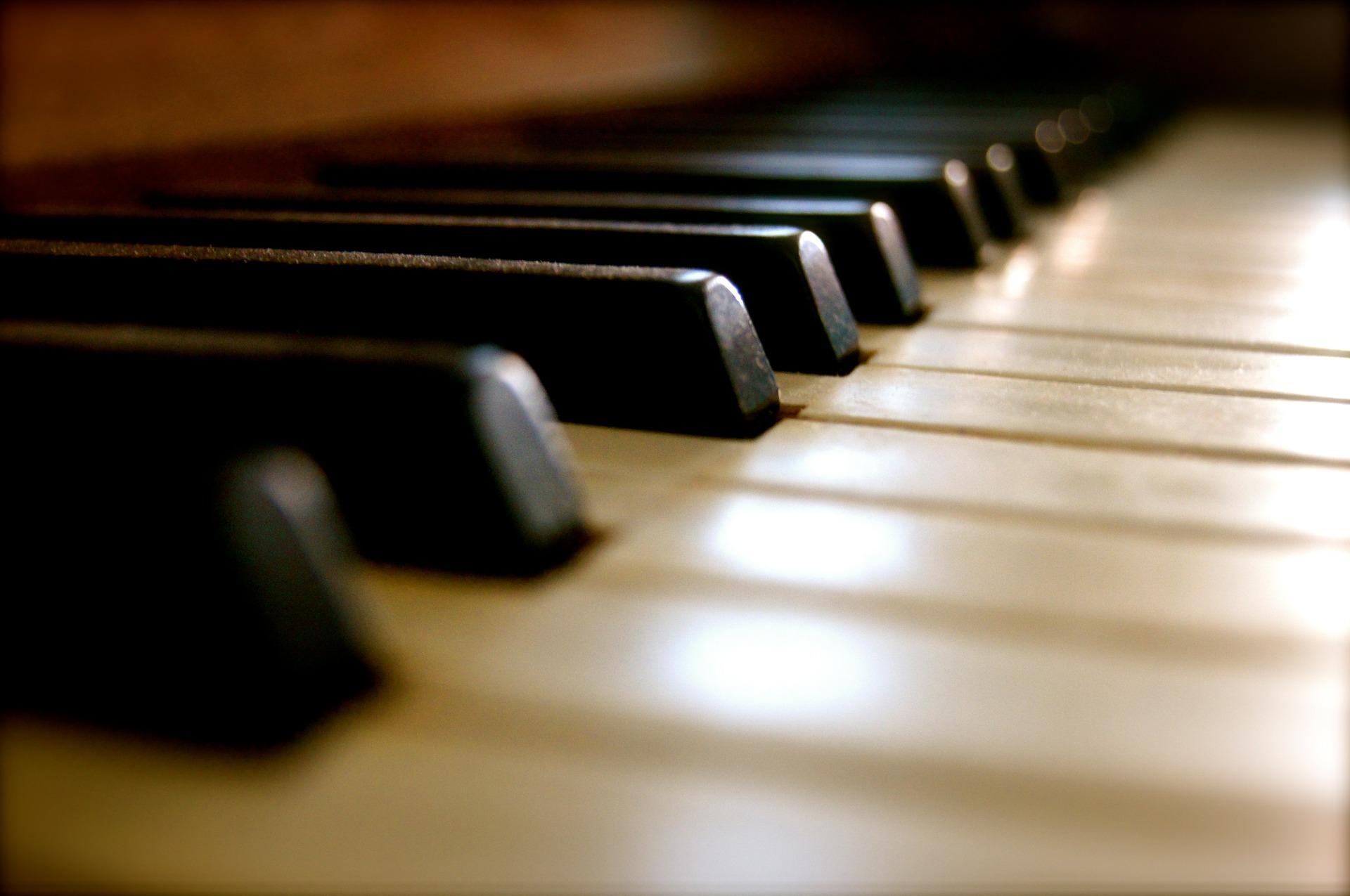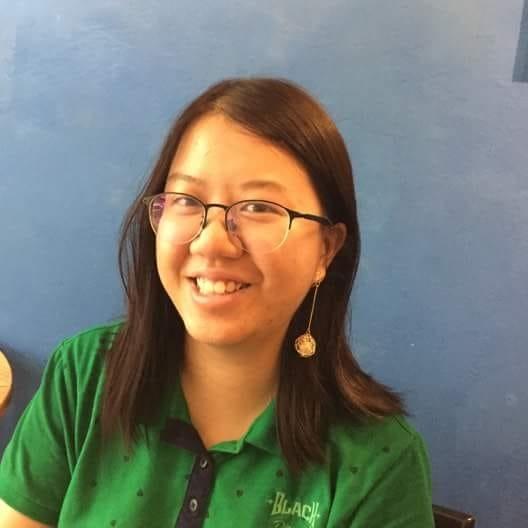Many Canadians dream of being able to play the piano. It’s a fun and creative skill that can help to improve your coordination, develop and train your musical ear, and is a relaxing pastime as you master the instrument. However, it can be tricky learning how to play the piano if you're looking for beginner piano lessons and don't know where to start.
Why not get a private piano tutor?
In this article, let's have a look at the different ways you can learn to play the piano and what you should expect during private lessons.

🎹 What to Expect from Your First Private Piano Lesson in Canada
As an absolute beginner, your very first lesson may be the most important. You will need to talk to your piano tutor about what you would like to work on specifically, your goals and motivations (music theory, arpeggios, reading sheet music, coordinating your right hand and your left hand, etc.).
Perhaps you want to take formal exams through the Royal Conservatory of Music (RCM) or the Associated Board of the Royal Schools of Music (ABRSM), or learn to play your favourite pop songs by ear?
The RCM teaching syllabus is widely used and recognised in Canada. One thing that truly sets RCM apart is its integration of jazz piano in its teaching syllabus, especially for higher learning repertoire.
Your first lesson is primarily getting to know each other, as well as evaluating your level. If you’ve never played a piano in your life, your tutor will most probably give you some exercises that will help to improve your dexterity, coordination, and musical ear.
Usually, as a beginner, you learn to play with one hand first before practicing with both hands. Take your time to get used to identifying the various piano notes and how your fingers naturally fall.
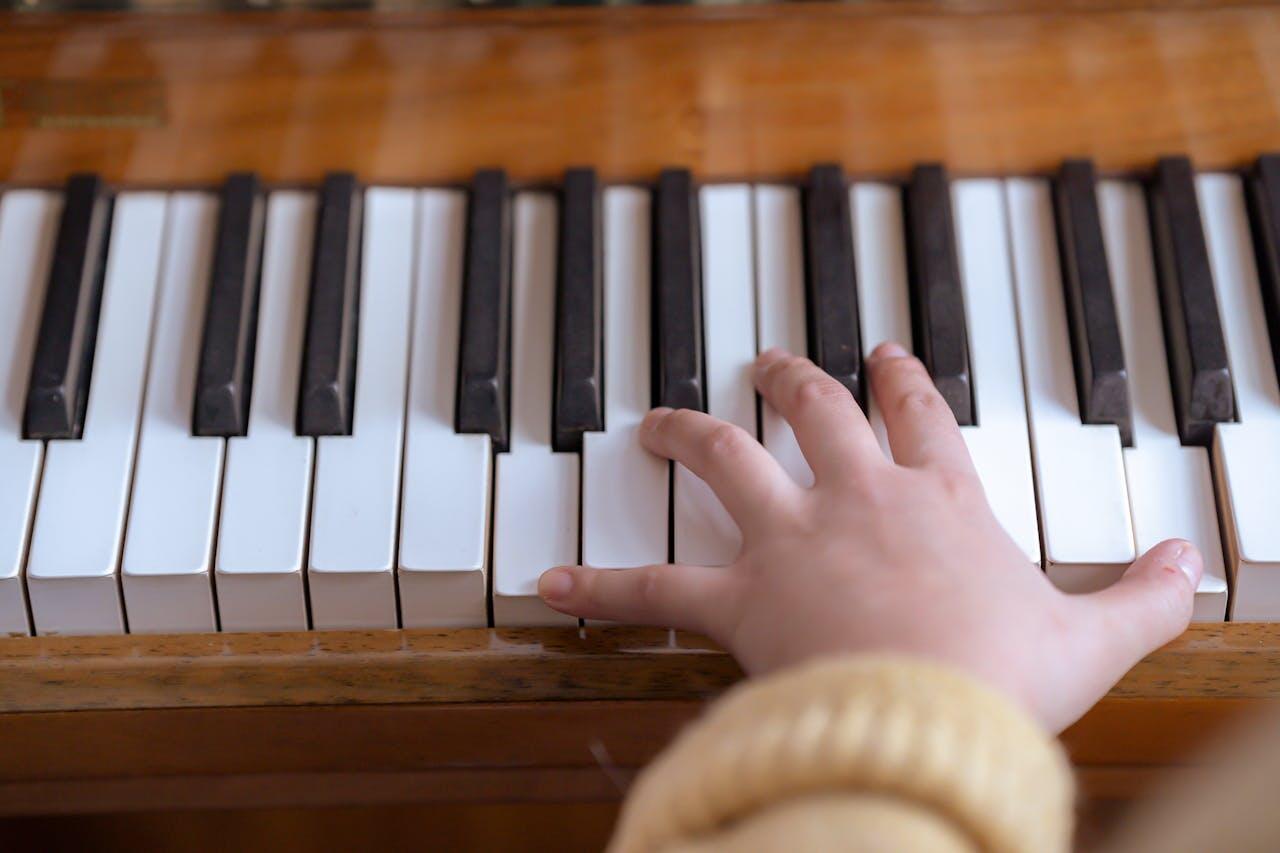
During your first lesson, be sure to mention anything that you might be struggling with, be clear about your learning expectations and goals, so that your piano teacher can focus on tailoring the right teaching methodology for you in the long run.
🎵Private vs. Group Lessons: Why Personal Instruction Matters
When it comes to learning a new skill, there’s often an ongoing debate between choosing private or group lessons. Private lessons are typically recommended for beginners who want a personalized learning approach, while group lessons tend to appeal to those who prefer a more affordable option with a social, collaborative atmosphere.
Let's review some of the characteristics of these two types of lessons through the following angles:
| Aspect of Lessons | Private Lessons | Group Lessons |
|---|---|---|
| Individual Attention | One-on-one focus from the teacher | Attention is shared among students |
| Pacing | Goes at the student's own speed | Follows the group’s pace |
| Curriculum | Customized to fit student’s needs | One-size-fits-all approach |
| Flexibility | More flexible with time and content | Fixed schedule and topics |
| Cost | Higher cost per session | More budget-friendly |
| Social Interaction | Limited unless combined with group work | Good opportunity to meet others |
| Feedback & Progress | Personalized feedback and close monitoring | General feedback, less individual focus |
Important tip: Private lessons highlight the importance of personal instruction, which is a core component when mastering a new skill from scratch. It's a good way to kickstart your piano learning journey if you want to master this musical instrument effectively based on your strengths and weaknesses, and personalized learning styles.
⏰ Lesson Format: How Private Piano Sessions Are Structured
Every piano tutor would have a different teaching style and methodology when it comes to structuring their piano lessons. But a general lesson format will be centred around some warm-up exercises, coupled with reviews of previous assignments, and assignment of new pieces to practice until the next lesson. Here's an example of how a one-hour private piano session can look, which can be adaptable according to the teacher's discretion.
5 minutes
Warm up Solfège/Hanon exercises
10 minutes
Major and minor scales practice
10-15 minutes
Review of past assignments
15 minutes
New assignment (piece, songs or scales)
5 minutes
Short break
10-15 minutes
Music theory exercises
A major part of piano tutoring consists of reviewing what you’ve seen in previous lessons, just to ensure that you haven’t forgotten it and if you need more help. Your piano tutor will want to review with you and ask that you repeat an exercise from a previous lesson. It's important to master each step before you can progress.
Most of the time during your piano lessons will be spent memorising new techniques and enhancing your finger coordination skills through Hanon exercises like these:
Once you’ve mastered a given piano technique, your piano tutor can help you put the theory into practice by teaching you how to play a certain piece. At this stage, students can start learning to play songs that they like.
Exercises to help students currently identify music notes when they read, hear, and sing them. Solfège is extremely useful to improve aural skills in terms of pitch recognition, sight singing, and tonal memory. For instance, you'll know how different C notes sound for different octaves.

👨🏫 The Role of the Teacher in Private Piano Instruction
As the piano teacher gets to know the student, they will know what methods work best for each student. The classes are geared towards helping individual students progress, and as mentioned earlier, a private teacher doesn't need to divide their attention across several students.
It's important to take advantage of the private piano instruction, as your tutor is there to help and correct you. Make sure you are attentive to them and try out any techniques they may suggest, which can help you when you make mistakes. Remember, we learn best from our mistakes and part of improving our performance.
Experience is making mistakes and learning from them.
Bill Ackman
Your piano tutor will show you how to position your hands, the right posture to adopt when playing the piano is critical, and also whether you’re playing in time and holding the notes, etc. Having someone professionally trained and highly experienced in piano teaching will let you know if you are on the right track and keep you accountable throughout your learning journey, too.
With private piano lessons, you can talk to your tutor and adjust or change your lesson plan with great convenience without losing the personal touch.
Discover more about piano lessons tailored for you in Canada.
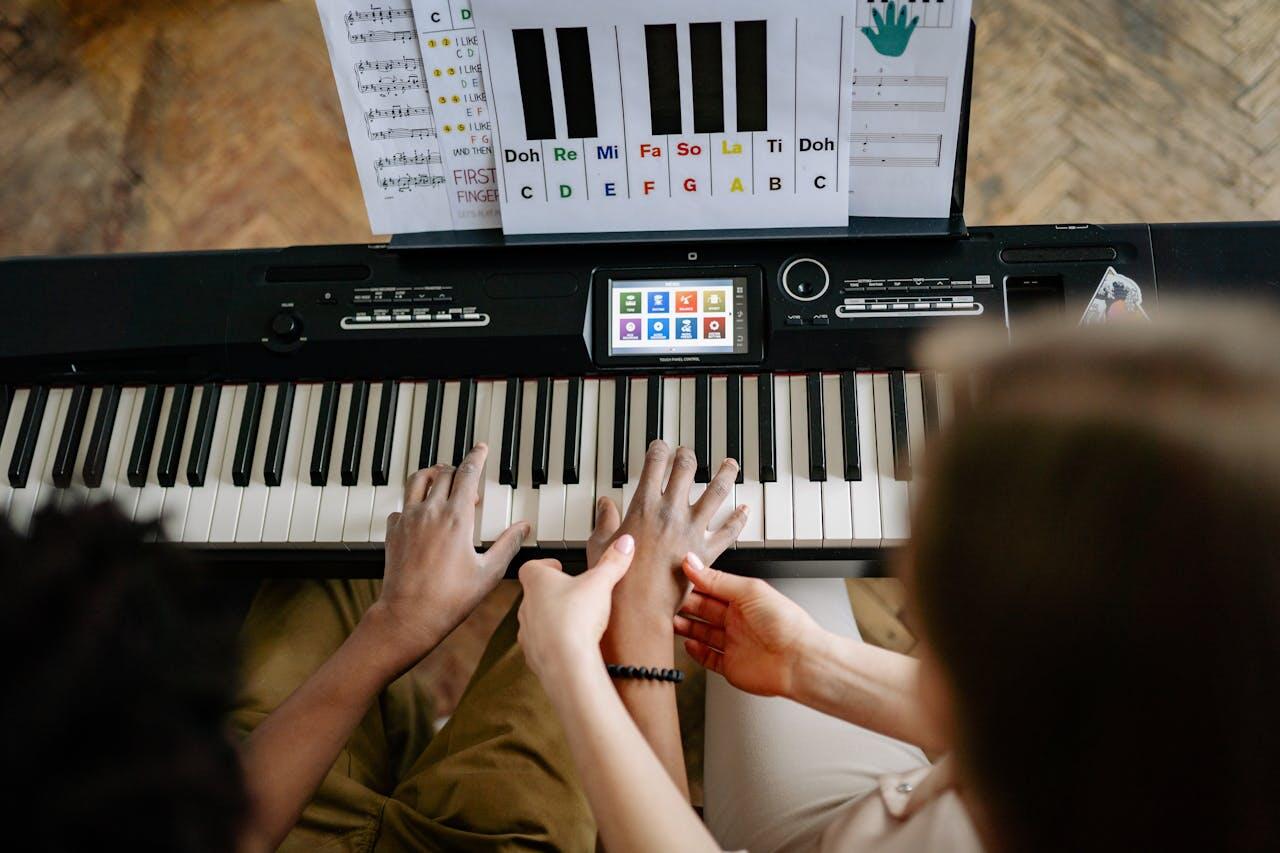
🎼 Techniques, Theory, and Repertoire: What You'll Learn
When it comes to anticipating your lesson's outcome, it's important to focus on these three things: techniques, theory, and repertoire.
Techniques aim to improve your practical piano skills by developing your ability to play towards higher learning levels. Music theory aims to help you make sense of what you are playing, from the notes to the rhythm, and different sounds. Finally, a good, solid repertoire is where you put techniques and theory to real application and a wide range of pieces through your fingers.
Techniques
- Posture and finger positioning of both hands
- Coordinating playing with both hands
- Right pedalling
- Expressing dynamics (volume while playing)
- Playing scales, apergious, sight-reading
Theory
- Recognising piano keys and scales (major and minor)
- Reading music notation (key signatures and clefs)
- Knowing the right rhythm (time signature and note values)
Once you’ve mastered these essential piano playing techniques and music theory, like the list of note values shown in the table below, you will be able to play almost any piece with ease.
| Note | Symbol | Beats (in 4/4 time) |
|---|---|---|
| Whole Note | 𝅝 or ○ | 4 beats |
| Half Note | 𝅗𝅥 | 2 beats |
| Quarter Note | ♩ | 1 beat |
| Eighth Note | ♪ | ½ beat |
| Sixteenth Note | ♬ or 𝅘𝅥𝅯 | ¼ beat |
Learning a song on the piano is a good chance to use the piano techniques you've learned, and a good way to review and solidify all the techniques and skills you have learned up to that point in your lessons. Choosing to learn a song that you like is a great way to stay motivated to keep practising it.
Sometimes, in more formal settings, songs that are chosen by teachers at conservatories and music schools can result in students giving up. It's difficult sometimes to relate to certain pieces. This won't happen with your favourite music! Here are some combinations of music repertoire suggestions to get you started:
Classical pieces
- Beethoven’s Fur Elise
- Pachelbel's Canon
- Clair de Lune by Claude Debussy
- Minuet in G by J.S. Bach
Contemporary pop songs
- Imagine by John Lennon
- Home by Michael Buble
- Someone Like You by Adele
- Perfect by Ed Sheeran
Remember, the goal is to enjoy yourself while you play the piano. Your tutor will most likely organise sheet music and songs by difficulty for you to choose from. Furthermore, music teachers can re-transcribe certain pieces to make them easier for beginners to play.

Whether you like classical, rock, jazz or blues, any song can be simplified so that students can enjoy playing the piano while learning the songs they love, and this keeps piano students highly motivated and engaged.
⭐ Do I Need My Own Piano Before Taking Private Lessons?
Whatever instrument you wish to learn, either piano, guitar, drums, flute, or harmonica, learning to play an instrument isn’t free. However, there are free piano lessons available via websites like YouTube, but this is not necessarily the best way to learn to play an instrument, especially the piano.
We highly recommend that you invest in a piano or digital piano to have the best learning and practice experience, especially if you plan to sit for official piano exams in the future.
Fortunately for many aspiring pianists, there are many different types of pianos and for every budget (grand pianos, upright pianos, electronic or digital pianos, synthesisers and keyboards, etc.).
Here's a checklist suggestion to help you gather the essential stuff that would be useful for your future piano lessons.
🙋 How Canadian Tutors Tailor Lessons to Each Student
While the basics or foundations of a piano lesson are often the same, private tutorials have unique elements specific to the tutor. Therefore, it’s impossible to say for certain exactly what a piano tutorial will entail because every student has different learning expectations, purposes, and even preferences. Here's how many private tutors usually tailor their lessons accordingly:
Student's age and learning level
- Children or teenagers
- Working adults
- Senior citizens
- Beginners, intermediate or advanced level
Learning goals
- Sitting for the ABRSM piano exams (Grade 1 to 8)
- Playing their favourite songs across different genres
- Preparing for an audition at a prestigious music school
Teaching methodology
- Emphasis more on conventional music techniques (music theory)
- Emphasis is on playing by ear or chord harmony for learning new songs
- Face-to-face/ online instruction
It's important to keep in mind that everyone can learn to play the piano at any age. Piano lessons are not just for children or teenagers, as more adults are taking up the piano as a hobby. Additionally, musical tastes also vary wildly (chamber music, jazz, rock, etc.), so it's important to find a Canadian tutor who can teach you to play your favourites.
On Superprof, you can collaborate with your private piano instructor and focus on improving or mastering music or sight reading, classical music or jazz piano, whatever your goals and desire to play on the piano.
According to your current learning pace and level, an experienced piano tutor will adjust their teaching methodology to make sure you are on the right track — enjoying and excelling at what you have signed up to learn.
For instance, a piano tutor who is teaching a 7-year-old student on the Grade 1 syllabus will include more foundational fingering techniques, whereas a piano tutor who is teaching a working adult who wants to play pop ballads will include more lessons on chord and harmony progression.
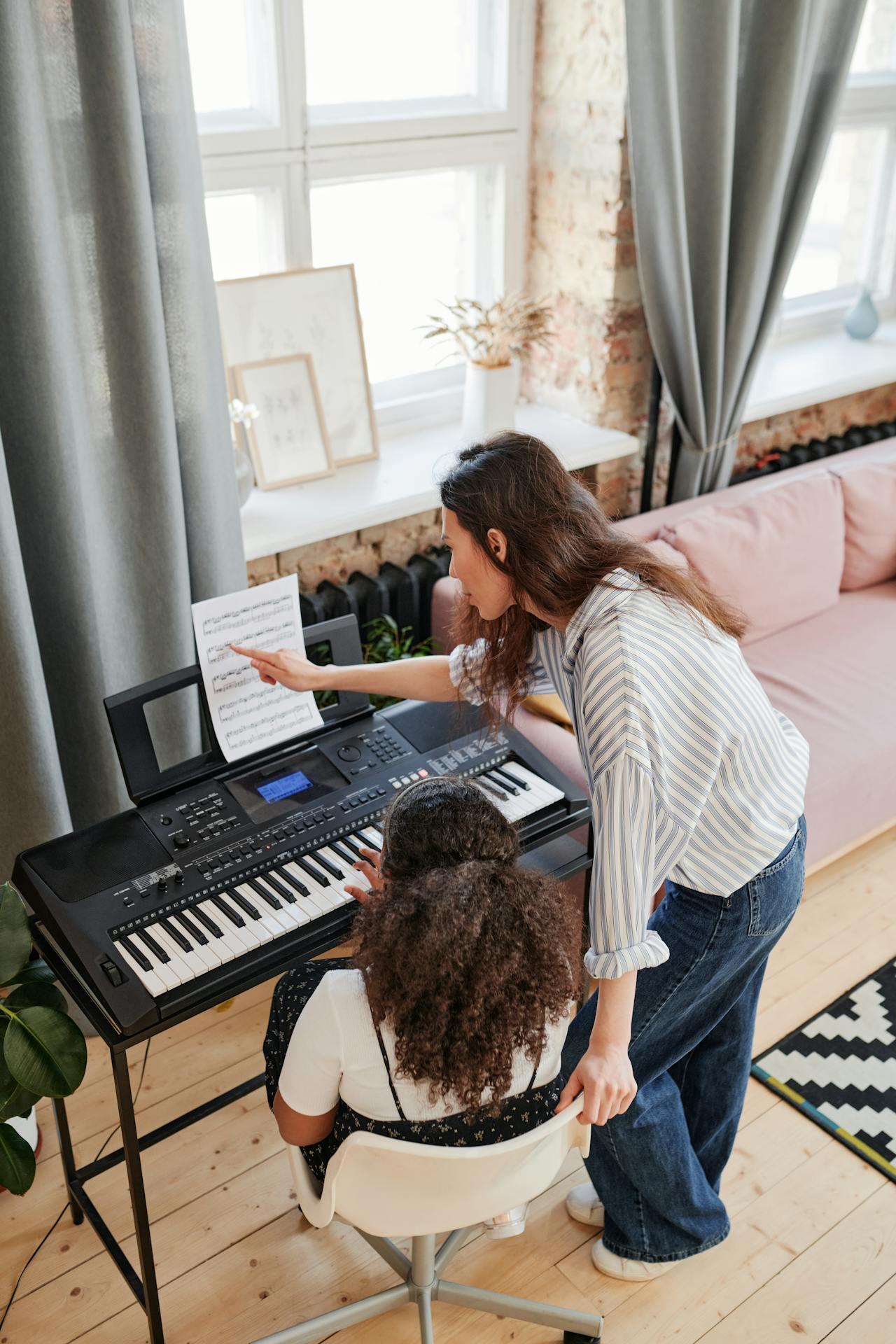
📝 Tips to Prepare for Your First Private Piano Class
As you read this article, there's a chance that you may have or have not enrolled for your first private piano class.
Have you already taken your first class?
If the answer is no, here are simple tips to be prepared:
Before the lesson
During the lesson
After the lesson
We hope this article has been insightful. May you embark on a fulfilling and fun piano learning journey regardless of your learning level!
Summarize with AI:

